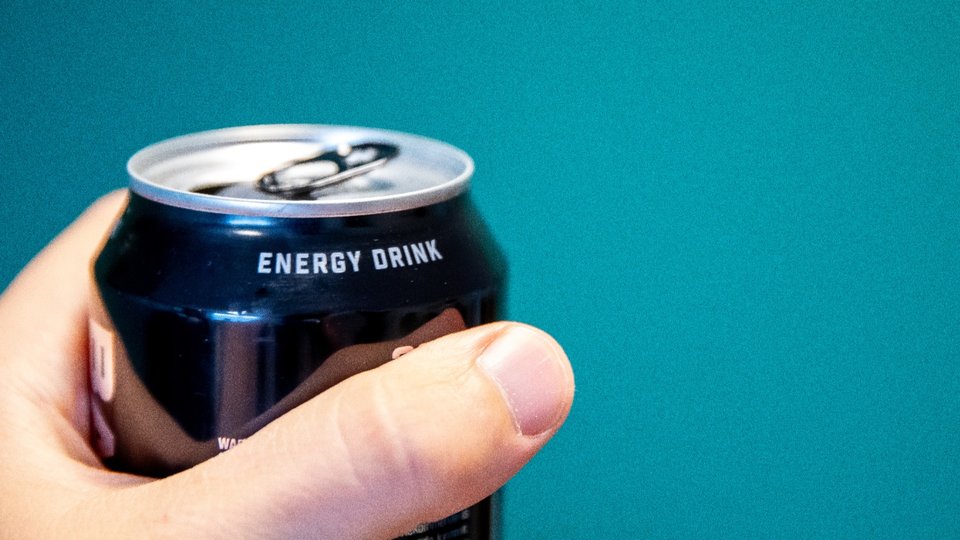Vending
Study links taurine, amino acid in energy drinks to leukemia growth

May 23, 2025
A recent study from the University of Rochester's Wilmot Cancer Institute has linked taurine, an amino acid naturally produced by the body and a common ingredient in foods and energy drinks, to the growth of blood and bone marrow cancers like leukemia, according to a University of Rochester Medical Center press release.
A research team headed by Jeevisha Bajaj discovered that while certain normal cells in the bone marrow produce taurine, leukemia cells cannot produce it themselves. Instead, they depend on other genes to obtain and transport taurine. The research indicates that when leukemia cells absorb taurine, it enhances its ability to break down glucose for energy, which supports cancer growth. The finding is notable as previous studies had not implicated taurine in cancer development.
"We are very excited about these studies because they demonstrate that targeting uptake by myeloid leukemia cells may be a possible new avenue for treatment of these aggressive diseases," Bajaj said in the release.
Taurine is naturally found in bone marrow, the brain, the heart and muscles. It is also present in common food items such as meat, fish, and eggs, as well as in energy drinks and protein powders.
The Wilmot team advised caution regarding taurine consumption for individuals with leukemia. "Since taurine is a common ingredient in energy drinks and is often provided as a supplement to mitigate the side effects of chemotherapy, our work suggests that it may be of interest to carefully consider the benefits of supplemental taurine in leukemia patients," the Wilmot team said in the release.
Bajaj said future research should investigate taurine levels in people with leukemia and explore effective ways to prevent taurine from entering leukemia cells.
 ChatGPT
ChatGPT Grok
Grok Perplexity
Perplexity Claude
Claude






